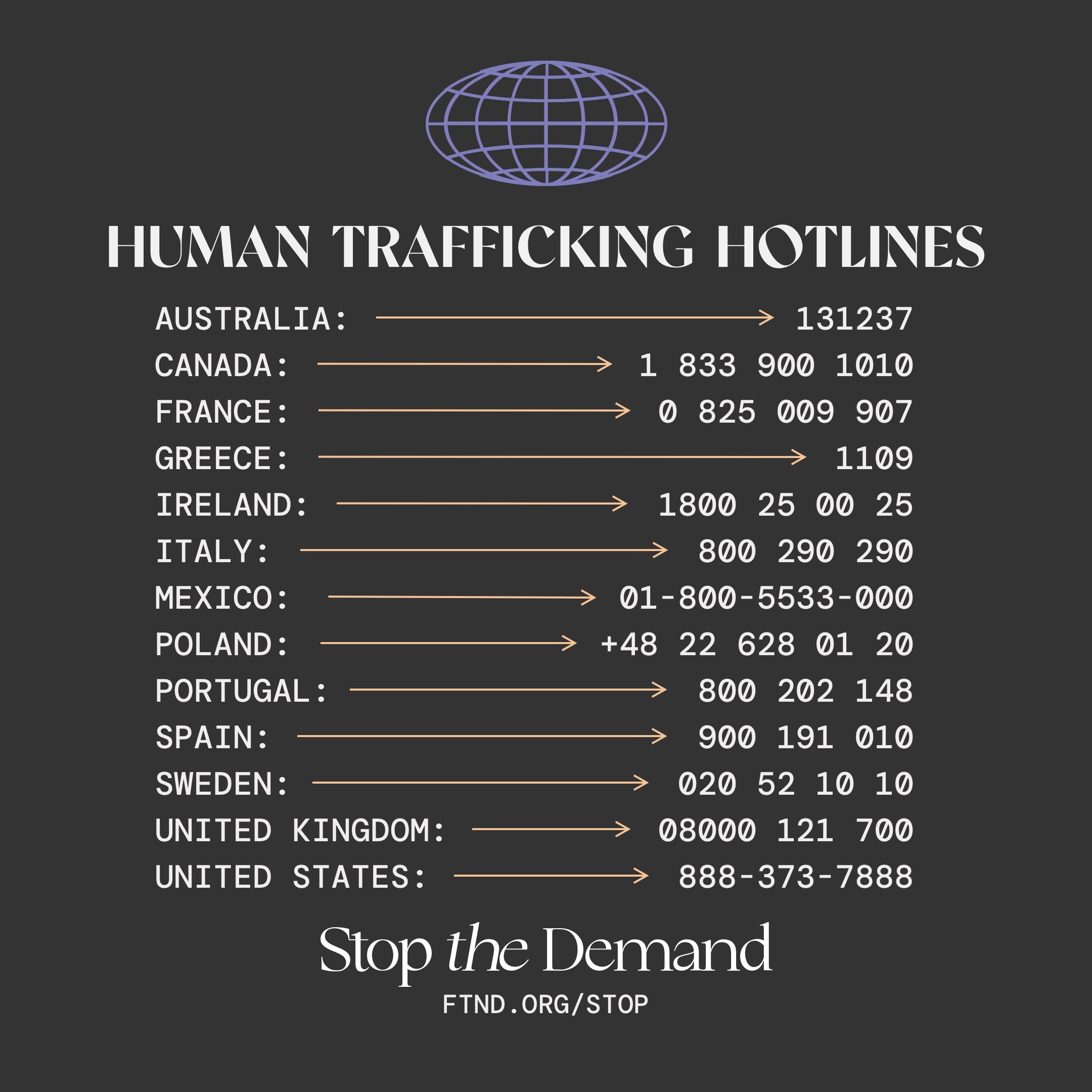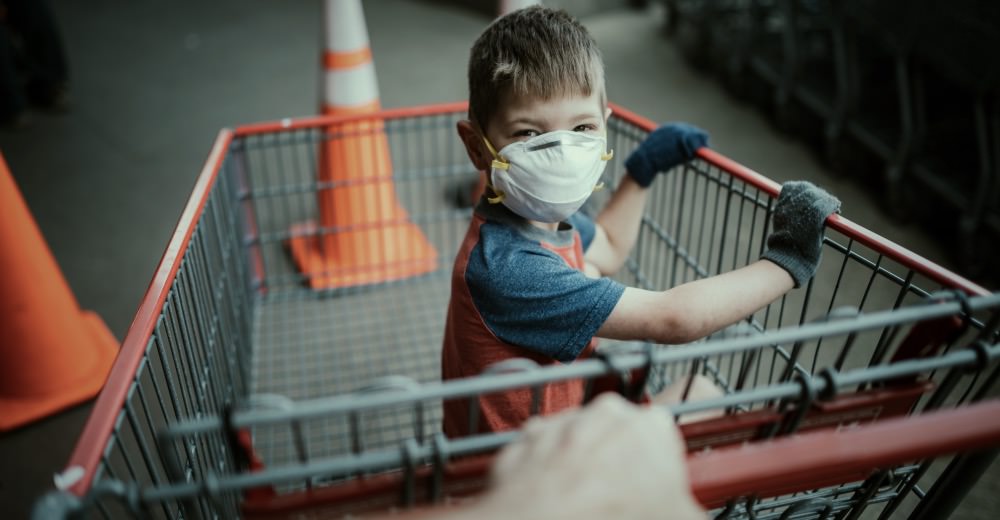It might be old news now, but have you heard of the #SaveOurChildren movement?
With the excitement over the last year surrounding bringing awareness to child sex trafficking, there has also been a fair amount of misinformation that has flooded social media platforms.
To be clear, sex trafficking as an issue itself is not a myth, but there are myths and misconceptions about sex trafficking.
Firstly, what exactly is child sex trafficking?
According to the National Center for Missing and Exploited Children (NCMEC), child sex trafficking occurs when a child under 18 is involved in a commercial sex act where sex is traded for money, food, shelter, drugs or anything else of value. This crime is occurring in all types of communities throughout the United States and traffickers are making an alarming profit while victims endure countless days and nights of rape, abuse, torture and violence.
Related: How This Organization Rescues And Rehabilitates Child Sex Trafficking Survivors
It’s important to remember that even if the child believes it was his or her choice, they are a victim, and an adult or perpetrator is exploiting their vulnerabilities. A child cannot consent to sex with an adult. As such there is no such thing as child prostitution and that phrase should never be used when referring to child sex trafficking.
For the sake of victims, we think it’s important to focus on the facts, research, and their lived experiences.
Here, we’ll be sharing responsibly-sourced information regarding sex trafficking as it exists in today’s world, resources for parents to help keep their kids safe, and experiences of real victims.
Related: How OnlyFans Reportedly Facilitates And Profits From Child Sex Trafficking
Myth #1: Sex trafficking usually involves kidnapping, violent assault, or physical force.
Fact: Most often, victims are psychologically manipulated by traffickers, which manipulation can be stronger than physical force. Rather than being kidnapped by strangers, many victims are trafficked by family members, partners, or other trusted adults. Of the victims who are not trafficked by trusted adults they already knew, many are first contacted and/or groomed by traffickers online.
Myth #2: Sex trafficking happens mostly in developing countries, or involves people being trafficked across the border.
Fact: Sex trafficking can happen in any community, occurs in all 50 states, and a shocking number of sex trafficking victims in the United States are citizens of the US.
Source: Polaris
Myth #3: Face masks hurt trafficking victims, as they make it more difficult to identify victims.
Fact: Some claim that masks obscure the distressed facial expressions of victims, but it’s important to remember that most victims are psychologically manipulated by their traffickers, so they may not appear to be in distress. Trafficking experts maintain that there is no evidence to suggest that mask-wearing poses any threat to trafficking victims.
Myth #4: Millions of kids go missing in the US every year.
Fact: We know that even one child missing is one too many which is why exaggerated reports of missing children is not only inaccurate, it’s distressing. In 2019, approximately 421,000 kids were reported missing in the United States, consistent with the previous year’s numbers. According to the NCMEC, 91% of the cases of missing kids in which they were involved were endangered runaways, while less than 1% were stranger abductions.
Source: NCMEC
Myth #5: Most people who buy trafficked kids are powerful and wealthy.
FACT: Most buyers are otherwise ordinary people. While the vast majority of perpetrators are male, there is no other distinguishing factor that is overwhelmingly common among sex buyers. They could be your neighbors, teachers, or coaches.
Source: World Without Exploitation
If a child is missing, the child’s legal guardian should immediately call law enforcement and then the National Center for Missing & Exploited Children at 1-800-THE-LOST® (1-800-843-5678). If you suspect a case of CHILD SEX TRAFFICKING, you can call 1-800-THE-LOST® or make a report at CyberTipline.org



